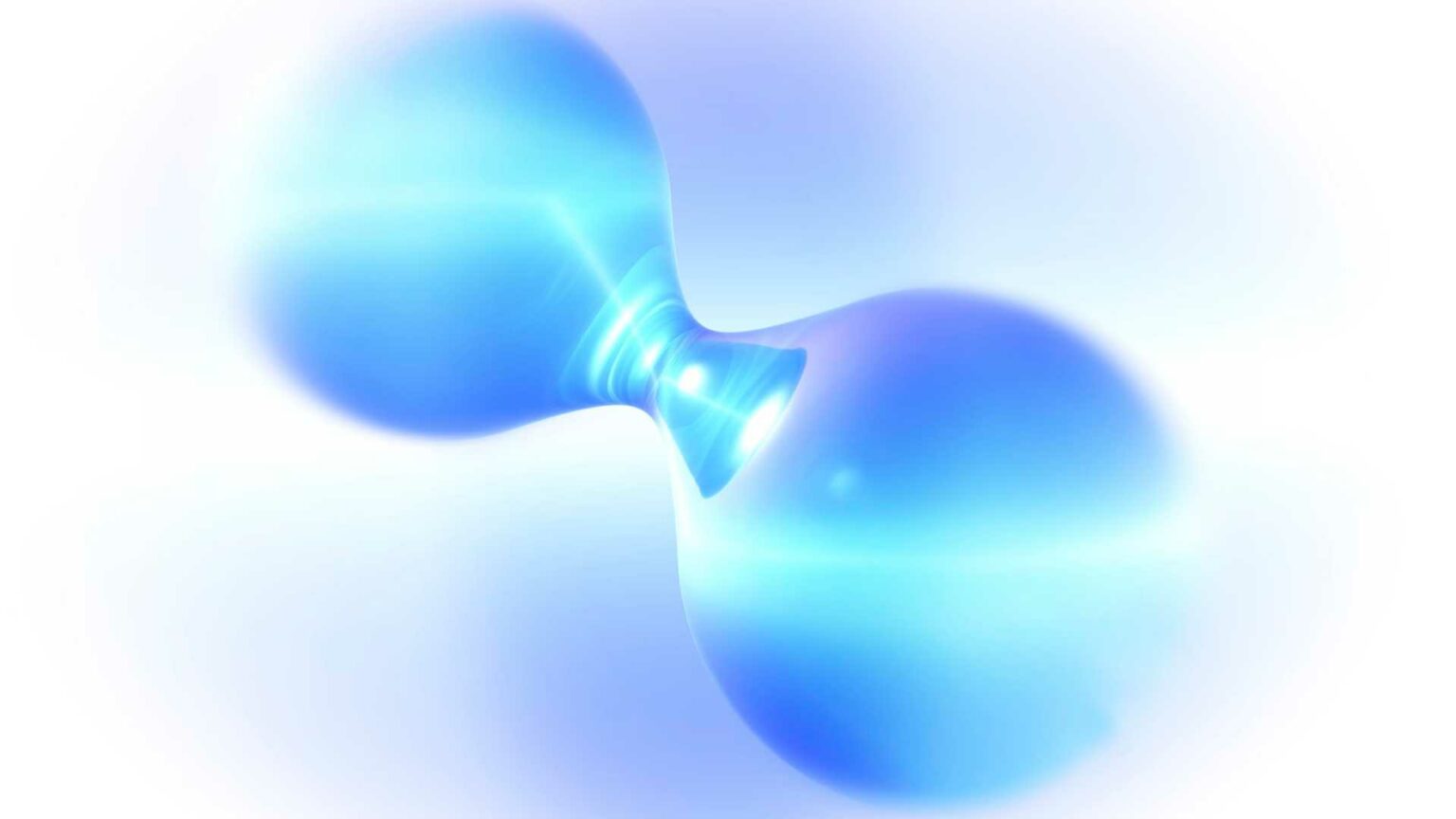Researchers at Chalmers University of Technology in Sweden have pioneered an innovative method to study fuel cell degradation, using advanced electron microscopy.c
Their breakthrough could lead to more efficient, longer-lasting fuel cells, particularly beneficial for heavy-duty hydrogen vehicles.
Hydrogen is an attractive alternative fuel for heavy-duty vehicles. Hydrogen-powered vehicles only emit water vapor and, when produced using renewable energy, are entirely free from carbon dioxide emissions. Unlike battery-powered electric vehicles, hydrogen-powered vehicles do not stress the electricity grid, as hydrogen can be produced and stored when electricity is cheapest. Fuel cells convert hydrogen into electricity, but their limited lifespan due to component degradation has been a significant hurdle.
A fuel cell consists of three active layers: two electrodes (anode and cathode) with an ion-conducting membrane in the middle. Each cell provides about 1 volt of electricity. Hydrogen and oxygen are added to the electrodes, creating a reaction that generates clean water and electricity to power vehicles.
The Chalmers team tracked a specific particle within the fuel cell during use, utilizing scanning electron microscopy (SEM) and transmission electron microscopy (TEM) to observe electrode degradation during standard stress tests. This technique allows for detailed observation at the nano and micro levels, providing insights into when and where degradation occurs.
“It has previously been assumed that disassembly would affect the fuel cell’s performance, but this was not the case,” said Björn Wickman, Associate Professor at the Department of Physics, Chalmers. By tracking specific particles over time, researchers gained a deeper understanding of the degradation process, which is crucial for developing longer-lasting fuel cells.
Improving the longevity of fuel cells is critical for commercial success, as pointed out by the U.S. Department of Energy. This new method lays a foundation for developing better materials and control strategies for fuel cells.
The research project was funded by the Swedish Foundation for Strategic Research and the Swedish Research Council, with support from various industry partners.





